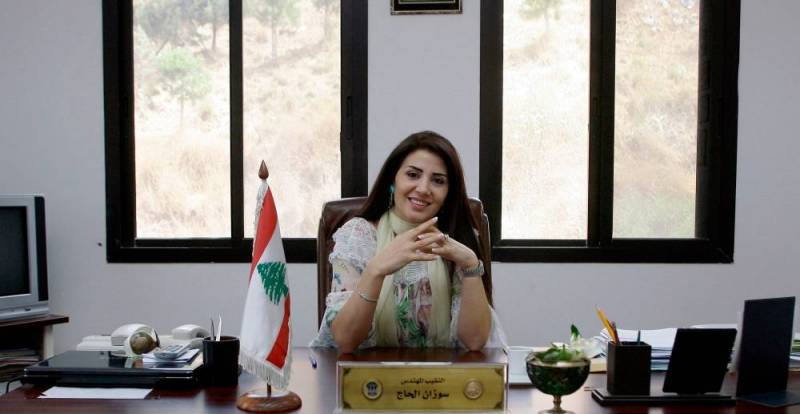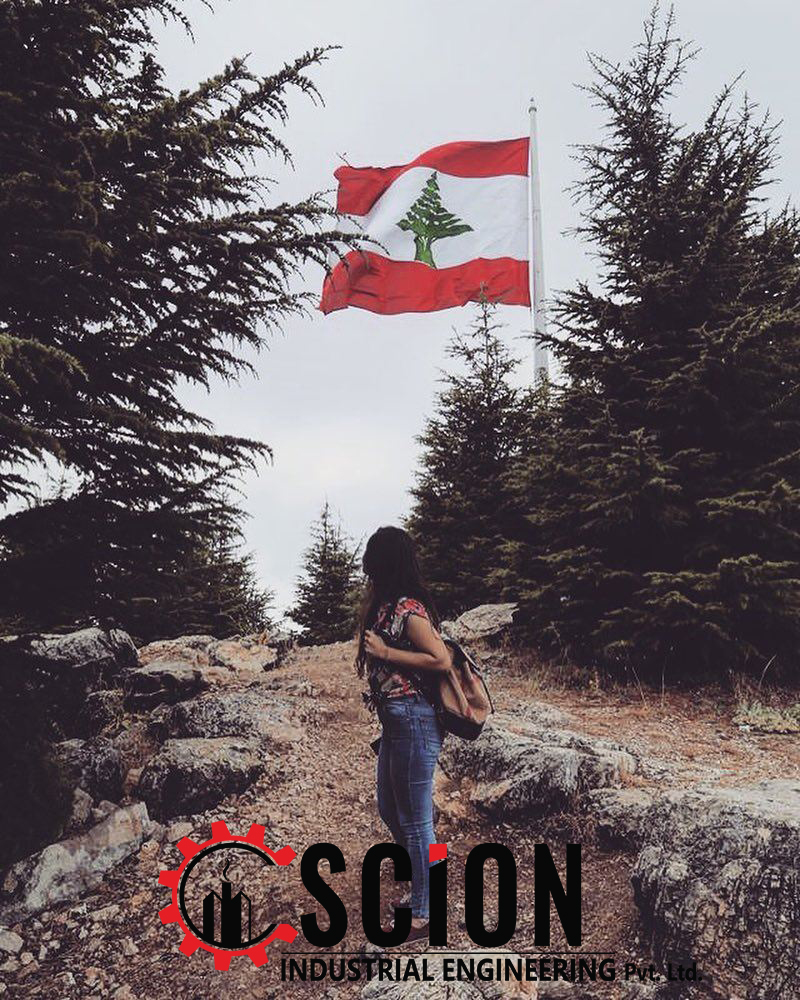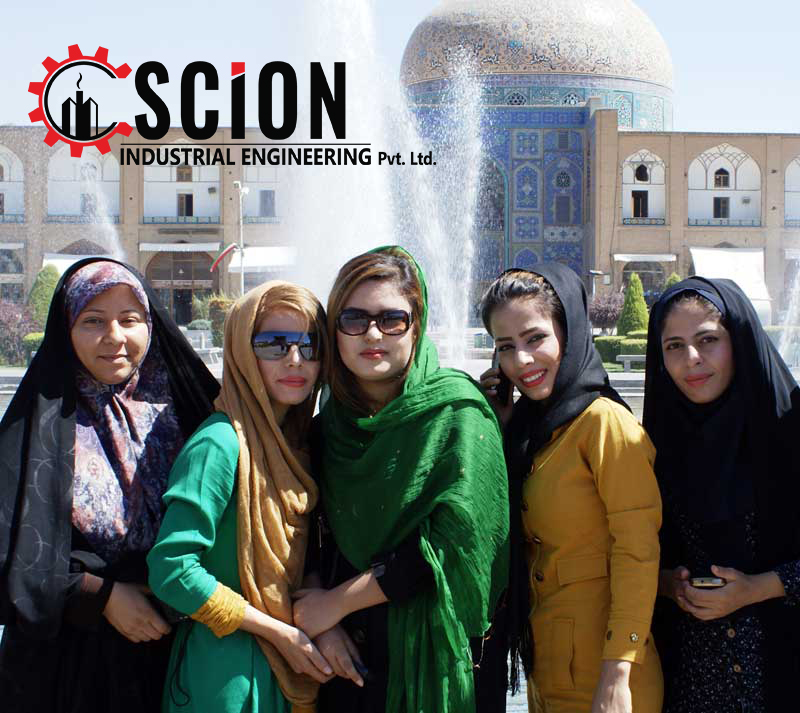US President Donald Trump took the world by storm earlier this month when he pushed forward with plans to impose import tariffs of 25 per cent on steel and 10 per cent on aluminium entering the United States.
The new tariffs are due to come into force 15 days after the order was issued on 8 March. Trump said the levies were necessary for national security reasons and to stop the foreign “assault “on the US.
However, he exempted Canada and Mexico from the tariffs and held out the possibility of excluding other US allies by signalling that the tariff policy was open to more exemptions.
The US is the world’s largest steel importer, buying about 35 million tons of foreign steel in 2017. The decision could harm the Egyptian steel industry, since while Egypt does not export aluminium to the US it does export steel.
Egypt exported 170,000 tons of steel to the US in 2017, Hassan Al-Marakby, deputy head of the Metallurgical Industries Chamber (MIC) at the Federation of Egyptian Industries, said.
This represented a large increase over 2016, he said, adding that if Egypt was not exempted from the new tariffs, it would likely lose these exports.
Al-Marakby also said that the figure had been expected to increase as Egypt has good production capacities and several Egyptian steel companies have potential regarding possible steel exports to the US.
Only two Egyptian companies currently export steel to the US, Ezz Steel and Kandil Steel, he said.
Egypt should push for asking the US for an exemption on the new tariffs, he said, explaining that were this to be granted it could represent an opportunity for Egypt to boost its steel exports to the US by filling the gap created by other countries not likely to be exempted, including Turkey.
Al-Marakby said that Turkey had exported 2.5 million tons of steel to the US in 2017.
“This could give Egypt the chance to boost its steel exports to the US and increase its market share,” he said.
The chamber will be holding talks with the trade ministry, he said, in order to push towards exempting Egypt from the tariffs. Egypt’s steel exports to the US represented three per cent of total US steel imports in 2017.
The decision to exempt Egypt from the new tariffs would likely be a “political” one, Al-Marakby said. If Egypt did not receive the exemption, it could lose up to 170,000 tons of exports and the potential to boost its steel exports to the US in the coming years, he said.
Egypt’s steel exports to the US were worth some $102 million last year, according to figures from the General Organisation for Import and Export Control.
Trade Minister Tarek Kabil said recently that steel exports did not represent more than six per cent of Egypt’s total exports, and that the US share did not exceed three per cent of these.
Egypt’s trade with the US stood at $5.5 billion in 2017, compared to $4.7 billion in 2016, an increase of 13 per cent.
Al-Marakby said he was optimistic about the possibility of exempting Egypt from the new tariffs, even though Egypt was included on a list of 12 countries drawn up by the US Department of Commerce recommending that Trump impose at least 53 per cent tariffs on their steel imports.
Other countries on the list include Brazil, China, Costa Rica, India, Malaysia, Russia, South Korea, South Africa, Thailand, Turkey and Vietnam.
The recommendation on tariffs came as part of a list of remedies drawn up by the US Department of Commerce to address the problem of steel imports.
In a report entitled “The Effect of Imports of Steel on National Security”, it said that the US steel industry had closed six oxygen furnace facilities and idled another four since 2000 because of foreign competition, representing more than half such plants in the US.
It also said that employment in the industry had dropped by 35 per cent since 1998.
Other countries are seeking to be exempted from the US tariffs. The European Union and Japan urged the US last week to grant them exemptions from metal import tariffs.
The EU is also threatening counter-measures that could target US imports into Europe ranging from maize to motorcycles. Under World Trade Organisation rules, the counter-measures have to be in place within 90 days of the US tariffs coming into effect.
European steel and aluminium associations have warned that the US tariffs could mean their sectors shedding thousands of jobs.
Even within the US, experts said that higher US tariffs on imported steel could leave some US steel workers jobless.
Source:http://english.ahram.org.eg/NewsContent/3/12/292911/Business/Economy/Trump-steel-tariffs-Harming-Egypt%E2%80%99s-exports.aspx





